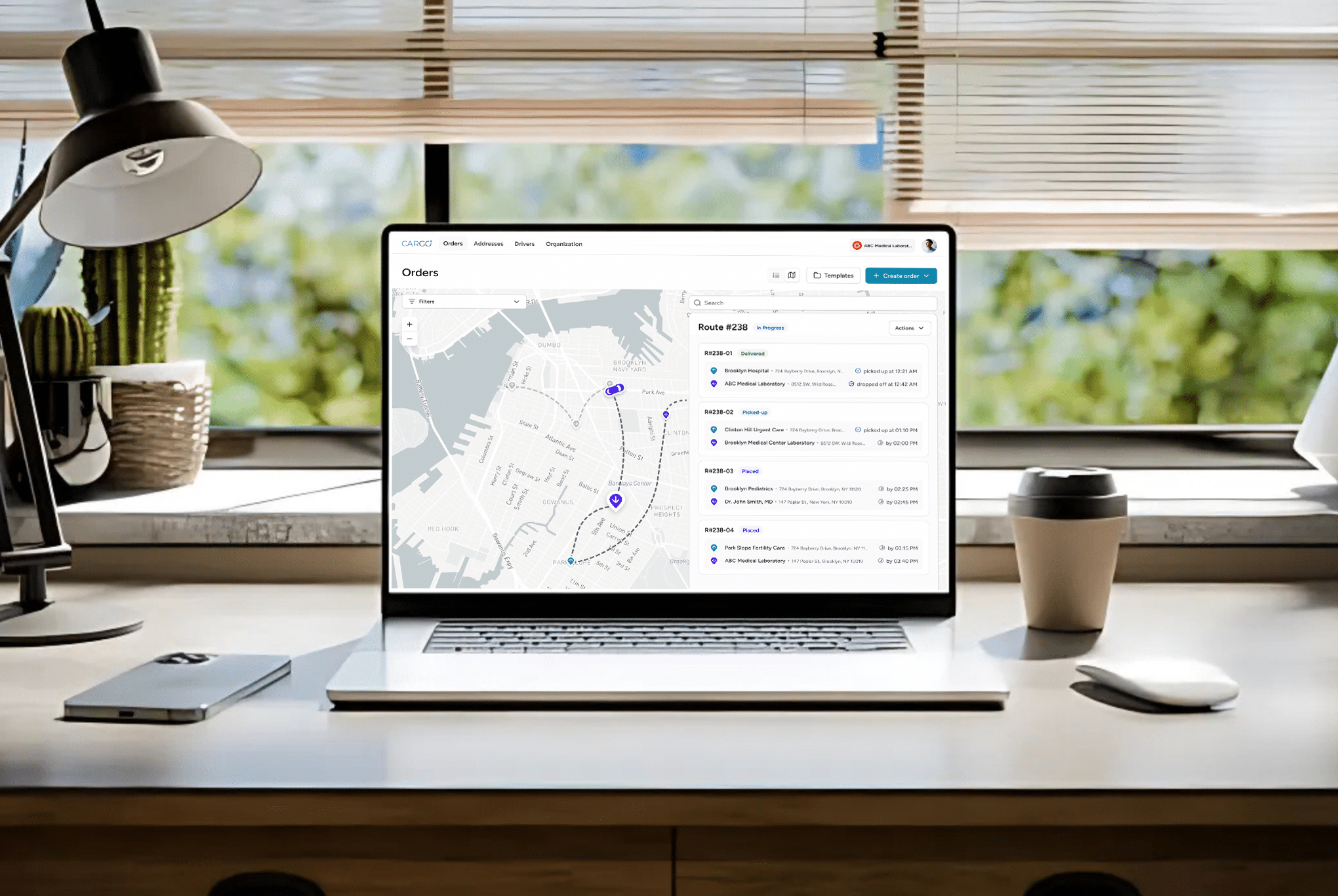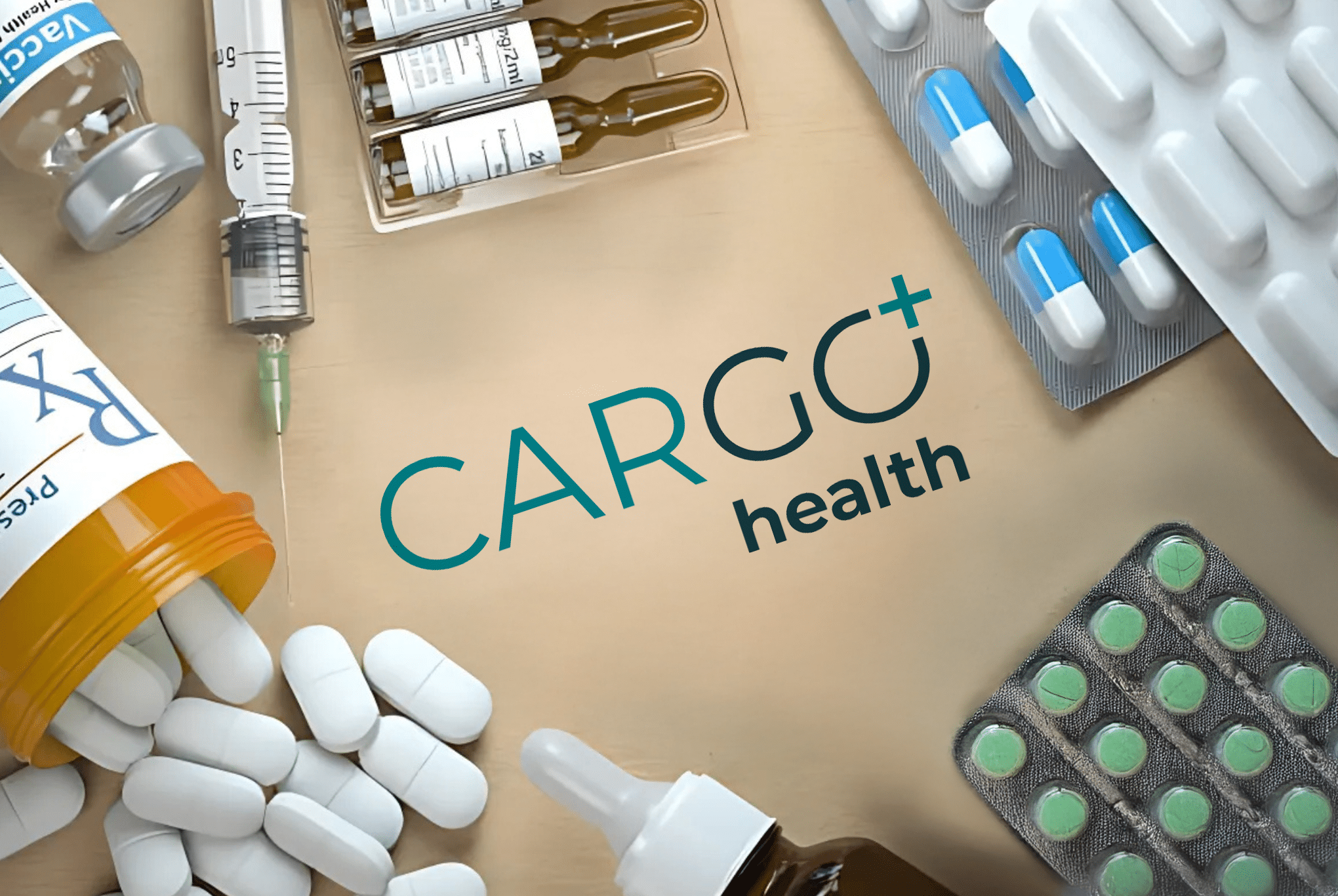The Economics of Medical Courier Services: Costs and Savings

Medical courier services play a pivotal role in healthcare logistics, ensuring time-sensitive deliveries of specimens, medications, and medical equipment. For healthcare providers, understanding the economics of these services involves analyzing both direct and indirect costs while identifying areas of potential savings.

Understanding the Cost Components
Medical courier services involve several cost factors that contribute to overall expenses. These include:
- Labor Costs: Salaries for couriers, dispatchers, and support staff.
- Transportation Costs: Fuel, vehicle maintenance, and insurance for reliable transportation networks.
- Technology Investments: Real-time tracking systems, automated scheduling software, and temperature-control devices to ensure compliance and efficiency.
- Regulatory Compliance: Costs associated with meeting HIPAA guidelines, biohazard transport regulations, and safety protocols.
- Risk Management: Expenses for managing delays, damages, or liability issues.
These elements work together to ensure high operational standards, but they can also lead to substantial costs without proper optimization.
The Value of Outsourcing Medical Courier Services
Healthcare facilities that manage courier services in-house often face significant overhead costs. Outsourcing to specialized providers offers several financial and operational advantages:
- Reduced Fixed Costs: Eliminate the need to own and maintain delivery vehicles, hire staff, and manage logistics internally.
- Scalability: Adjust services based on seasonal demand or varying delivery volumes without long-term financial commitments.
- Improved Efficiency: Benefit from the provider’s experience, optimized routes, and advanced logistics technologies.
- Regulatory Expertise: Ensure all deliveries meet healthcare standards without additional compliance-related expenses.
Cost Savings Through Technology
The integration of advanced technologies helps medical courier services operate efficiently while saving costs for clients. Key benefits include:
- Real-Time Route Optimization: AI-driven software minimizes fuel costs and delivery times by identifying the fastest routes.
- Chain of Custody Tracking: Enhances accountability and reduces the risk of errors or lost deliveries, avoiding costly mistakes.
- Temperature-Control Monitoring: Ensures sensitive materials (e.g., blood samples, vaccines) remain viable, preventing wastage.
- Automated Scheduling: Reduces manual labor and administrative expenses, ensuring more predictable costs.
Indirect Savings for Healthcare Providers
Beyond direct cost reductions, medical courier services contribute to broader economic savings:
- Reduced Downtime: Timely specimen and equipment deliveries reduce delays in patient diagnostics and treatment.
- Improved Patient Outcomes: Reliable deliveries lead to better care and avoid potential litigation or malpractice costs.
- Lower Staffing Costs: Eliminates the need for healthcare professionals to handle deliveries, allowing them to focus on patient care.
- Minimized Wastage: Prevents spoilage or contamination of medical supplies due to delays or improper handling.
Balancing Cost with Quality
While cost savings are critical, healthcare providers must also prioritize service quality to ensure compliance and reliability. Medical courier services strike this balance through:
- Adherence to Protocols: Implementing stringent safety and regulatory practices.
- Customized Solutions: Tailoring services based on the unique needs of clients (e.g., same-day delivery, temperature-controlled transport).
- Performance Tracking: Continuous monitoring and reporting on delivery times and success rates to ensure transparency.
Wrap-up
The economics of medical courier services extend far beyond simple cost calculations. Through outsourcing, advanced technology, and operational efficiency, healthcare providers can reduce expenses while improving patient care outcomes. Strategic investment in specialized courier solutions ensures a measurable return, making it an essential component of modern healthcare logistics.








